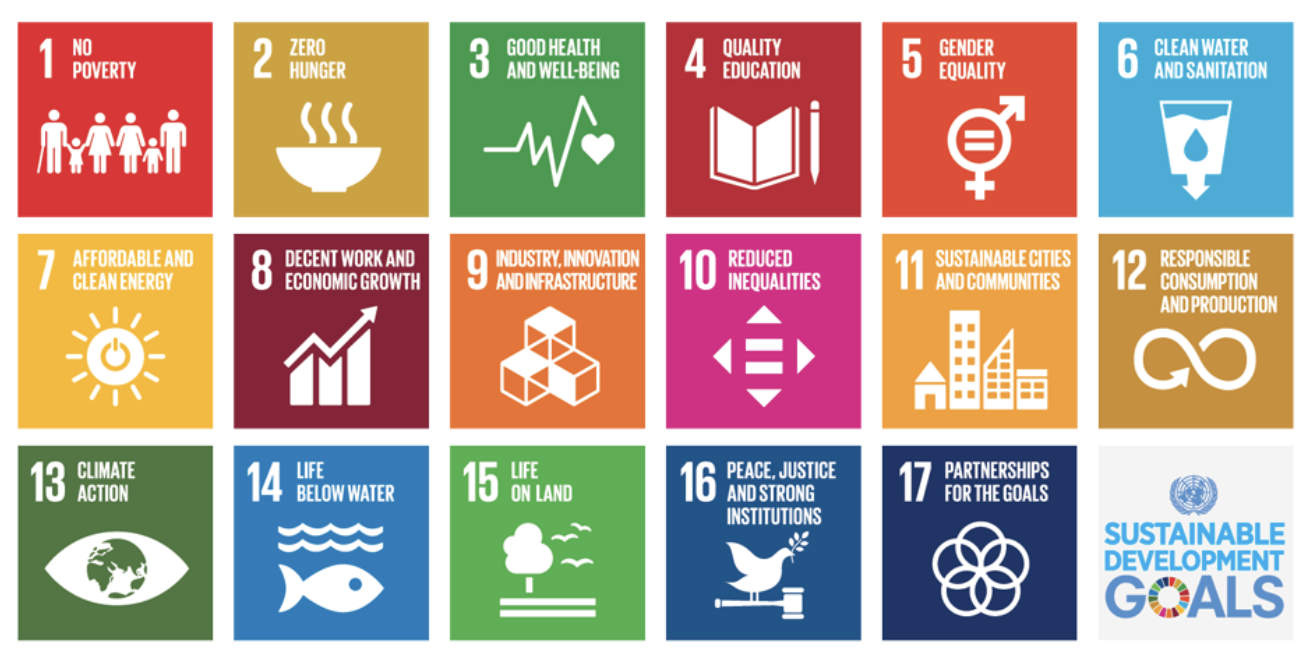
High hurdles remain but report finds we can transform the food system sustainably
The European Commission’s InfoPoint held a critical briefing session convening experts to discuss food system transformation. Shamba Centre Co-founders, Executive Director Carin Smaller and Director of Partnerships Francine Picard, unveiled the pivotal finding from the recent deep-dive reports on Ethiopia, Malawi and Nigeria that they co-authored with colleagues from FAO, IFPRI and IISD.
According to their findings, it is possible to transform food systems in Ethiopia, Malawi and Ethiopia by 2030 by increasing funding by USD 10 billion per year until 2030. Doing so will enable these countries to bring down hunger level to under 3%, allow 60% of the population to access affordable and healthy diets, double the income of farmers while adhering to the climate commitments in the Paris Accords.
As Francine recognizes, “We are talking about a huge number but the benefits are manifold. This additional money can achieve multiple outcomes including a substantial reduction in poverty and hunger, a healthier diet for many while ensuring a sustainable environment”
Shifting paradigms
According to Carin, a shift is underway in how we approach food security. The deep dive reports on Ethiopia, Malawi and Nigeria were initiated during the 2021 UN Food Summit when the international community began to lean towards an agri-food system transformation that adopts a systems approach in order to integrate the interplay between different actions.
“We want to find solutions that solve multiple problems and achieve multiple outcomes. Not single solutions for single problems. In these reports, we show how taking a systems approach forces you to think differently about solutions, and proves that you can simultaneously achieve food security, healthier diets, and protect the planet.”
The deep dive reports on Ethiopia, Malawi and Nigeria serve as important examples that food system transformation handled holistically, can be achieved.
Key areas for action
In all three countries, the prevalence of poverty and undernourishment are persistent and likely to worsen by 2030. Healthy diets are unaffordable for about 90% of population. Carin highlighted three key areas where action is needed in order to achieve the goals defined in the deep dive reports.
First, emergency food assistance should be strategically used to achieve long term gains. Without such a shift, it will be difficult to escape from the vicious cycle of crises to crises. Between 2011 and 2018, the amount of long-term aid has stagnated at about USD 12 billion while emergency food assistance has nearly doubled
Second, the tension between achieving affordable healthy diets for all and protecting the planet needs to be spoken about openly. It is not. Agriculture, including both livestock and crops, accounts for a growing percentage of greenhouse gas emissions in low and middle income countries. But at the same time, most people do not consume enough food and 70 % of calories come from cereals and starches. Animal sourced products such as dairy and meat are essential for ensuring enough calorie and nutrient uptake (particularly B12 and calcium) but are the foods that emit the most greenhouse gases.
Third, it is necessary to invest in strategies that minimize food waste. In the three countries studied, there is high levels of post-harvest losses and food waste making it necessary to improve the storage and handling of perishables all along the value chain from farm to consumer.
Francine noted the importance of spending money more wisely. “We need evidence to show what type of interventions are efficient to enhance production, contribute to healthier diets and mitigate against climate change. Very few programmes address of all these issues simultaneously. We therefore need to find a balance in our interventions to maximize the benefits.”
Beyond the 10 billion: putting the money into perspective
Martin Hoppe, Head of Division Food and Nutrition Security, Global Food Policy, Fisheries, at the German Federal Ministry for Economic Cooperation and Development (BMZ) acknowledged the overwhelming nature of the task at hand.
Joined by Willem Olthof from the European Commission, he stressed the value of these comprehensive studies. “They provide concrete direction for governments and the development community on how to spend more wisely. However broader support is needed from donor countries and alternative resources such as the private sector to make bigger and better investment.”
Considering the looming food crisis, David Laborde from the FAO reiterated the imperative to act now and underscored the collective effort required from all stakeholders, at country level, as well as the need better coordination among donors to improve efficiency. Initiatives, such as the Zero Hunger Coalition that aims to catalyse coordinated action, should be sustained.
In Martin's view, food system transformation is a springboard for achieving nearly all of the SDGs. By addressing nutrition, climate change and biodiversity, food system transformation impacts the other SDGs and in particularly SDG5 on gender. Put into perspective, “the amount needed for food transformation in Ethiopia, Malawi and Nigeria is not so large given the impact on achieving the SDGs,” he concluded.

